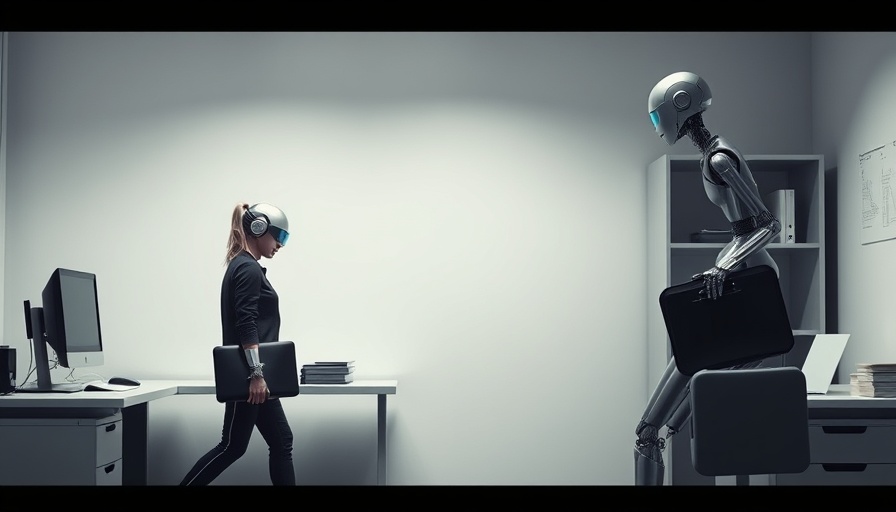
The Rise of AI and Its Impact on Employment
As China advances into a new technological era, the discourse surrounding universal basic income (UBI) is beginning to resurface in the shadows of artificial intelligence (AI) replacing traditional jobs. With automation tightening its grip on various industries, the question arises: could UBI be a viable solution for a nation grappling with the implications of mass job displacement?
What Universal Basic Income Means for Workers
Universal Basic Income, often regarded as a safety net for the most vulnerable, proposes that a government provides its citizens with a regular, unconditional sum of money, regardless of other income. The concept, while contentious, has garnered attention worldwide as policymakers and economists explore solutions to economic instability caused by rapid technological change.
The Disconnect Between Technology and Employment
In modern China, traditional jobs are slowly being outpaced by sophisticated machines and AI systems. Factory floors once bustling with human workers are increasingly being replaced by “dark factories,” where automated robots handle assembly and quality assurance tasks. This stark transition not only threatens existing positions but also reveals a critical need for alternative economic support systems for displaced workers.
Potential Job Creation vs. Job Losses
While it’s true that new roles will emerge as technology develops, many existing workers may find themselves ill-equipped to transition into these jobs, such as data analysis or tech-driven roles that require specialized training. As driverless cars become mainstream, tens of thousands in the transportation sector could face unemployment; this reality is a harsh wake-up call for policymakers.
Global Perspectives on UBI
Countries like Finland and Spain have experimented with pilot UBI projects to assess their effectiveness. Results highlight both the challenges and benefits: some individuals report increased mental wellness and stability, while others struggle with the notion of receiving money without contributing labor. China could learn valuable lessons from these international experiences as it navigates its potential journey toward UBI.
The Future of Work: What Can China Learn?
For China, adopting UBI isn't just about addressing the immediate impacts of AI and automation; it's about reimagining the workforce of the future. Looking ahead, if the country integrates UBI with retraining programs, it could mitigate the adverse effects of technological disruption while paving the way for an innovative, adaptive economy. By investing in education and reskilling initiatives, the nation could empower its workforce to navigate a rapidly evolving job landscape.
As discussions around AI and job security continue, it's essential for governments to consider how best to support their citizens in this new frontier. Could embracing universal basic income be the first step toward a sustainable, equitable economic future?
To explore cutting-edge solutions for navigating the future workforce, visit prompt2human.com.
 Add Row
Add Row  Add
Add 




 Add Row
Add Row  Add
Add 

Write A Comment